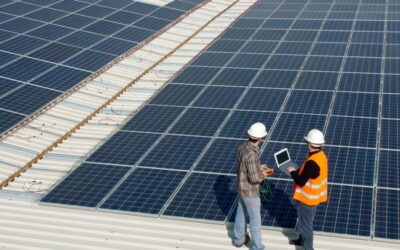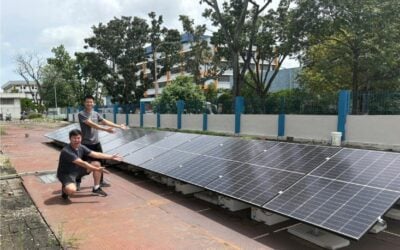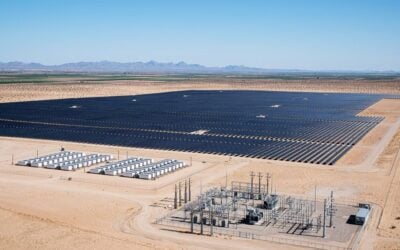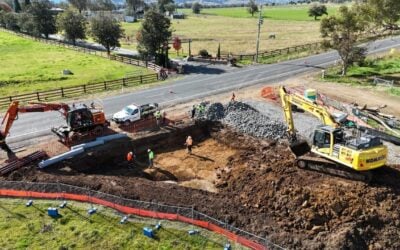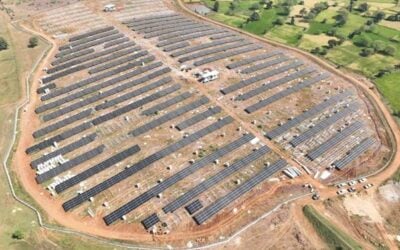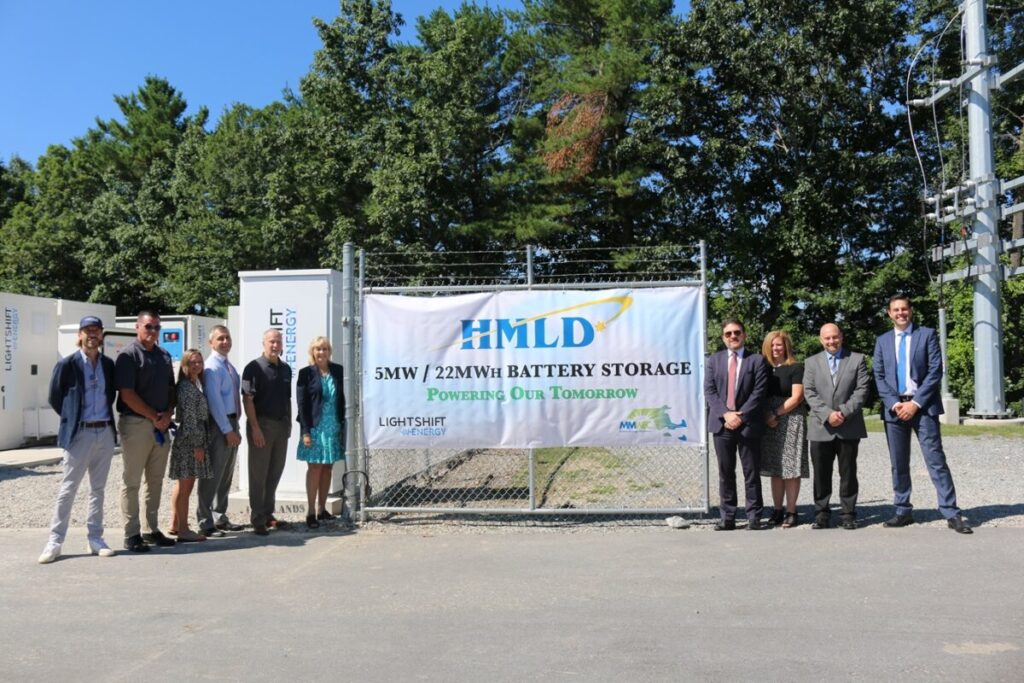
The energy storage arm of vertically integrated solar PV module and tracker manufacturer Trina Solar has completed a portfolio of four US battery projects.
The Chinese company’s Trina Storage division announced on Tuesday (10 September) morning that the projects in Massachusetts for developer Lightshift Energy—formerly known as DeLorean Power—are in commercial operation.
Enjoy 12 months of exclusive analysis
- Regular insight and analysis of the industry’s biggest developments
- In-depth interviews with the industry’s leading figures
- Annual digital subscription to the PV Tech Power journal
- Discounts on Solar Media’s portfolio of events, in-person and virtual
The portfolio totals around 16MW of 4-hour duration systems in the communities of Groton, Holden and Paxton. They came online over the past few months, with two of the four sites delivered ahead of schedule during Northeastern US heatwaves in June, as electricity demand peaked, Trina Storage said.
Customer Lightshift Energy won contracts for the projects through a competitive solicitation held in 2022 by Massachusetts Municipal Wholesale Electric Company (MMWEC). MMWEC is a joint action agency, acting on behalf of a group of municipal utilities in the US Commonwealth state.
In mid-August, one of those represented utilities, Holden Electric Light Department, and Lightshift, hosted a ribbon-cutting ceremony to inaugurate a 5MW/22MWh project awarded through the solicitation. At the time, the developer said it estimated the battery energy storage system (BESS) projects it is delivering for MMWEC would save Massachusetts ratepayers around US$200 million in saved energy costs over their lifetime.
The other projects, for Groton Electric Light Department and Paxton Electric Light Department, are 3MW/9MWh systems, as previously announced by Lightshift Energy.
The systems will all charge with off-peak power during times of abundant renewable generation and low demand, inputting back to the utilities’ respective grids as demand peaks and power becomes more expensive.
The BESS assets will provide multiple on-grid applications, including peak shaving, frequency regulation and black start, as well as offering islanding off-grid capability and allowing them to function as microgrids, protecting portions of the Massachusetts towns from wider grid outages.
For Trina Storage, it marks the first publicly unveiled US projects for the system integrator-manufacturer, which uses its own lithium iron phosphate (LFP) cells in its Elementa series containerised BESS solution.
Those include 306Ah and 314Ah large format cells, and although they are manufactured outside the US, Trina has said they are made in line with US market requirements. The company has two main cell manufacturing facilities in China and aims to ramp up total annual production capacity to more than 20GW by the end of this year.
While most of its deployments to date have been in its home market and in the UK, Trina Storage recently bagged its first project deals in Germany and Italy.
Trina is currently on its second iteration of the liquid-cooled Elementa series. Elementa 2 comes in 4MWh or 5MWh+ 20-foot containerised configurations, and in June a 10MWh product aimed specificially at the US market was launched, called Elementa 2 Elevate. That solution pairs two 5MWh containers and is the first-ever full cell-to-AC BESS solution launched in North America, Trina claimed.

